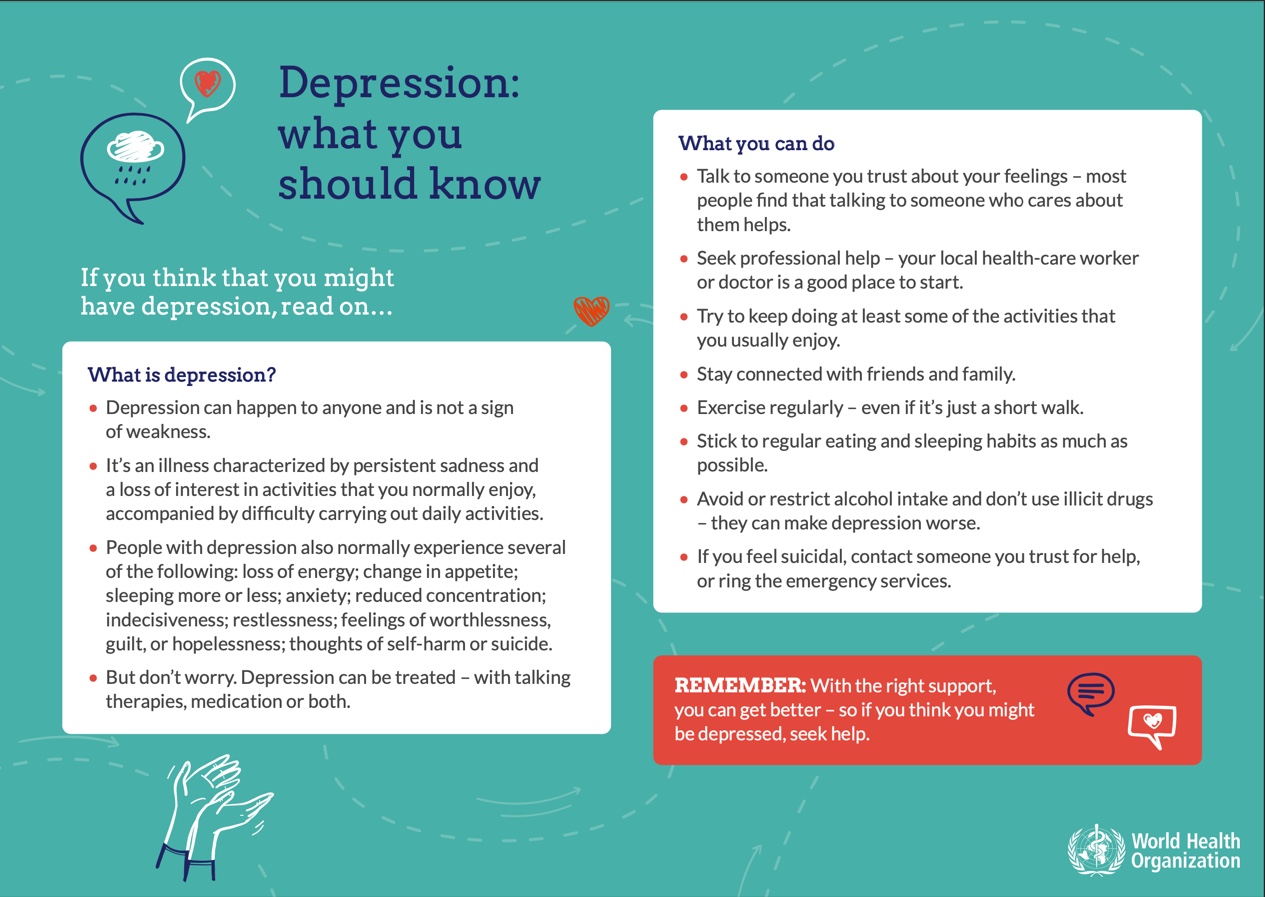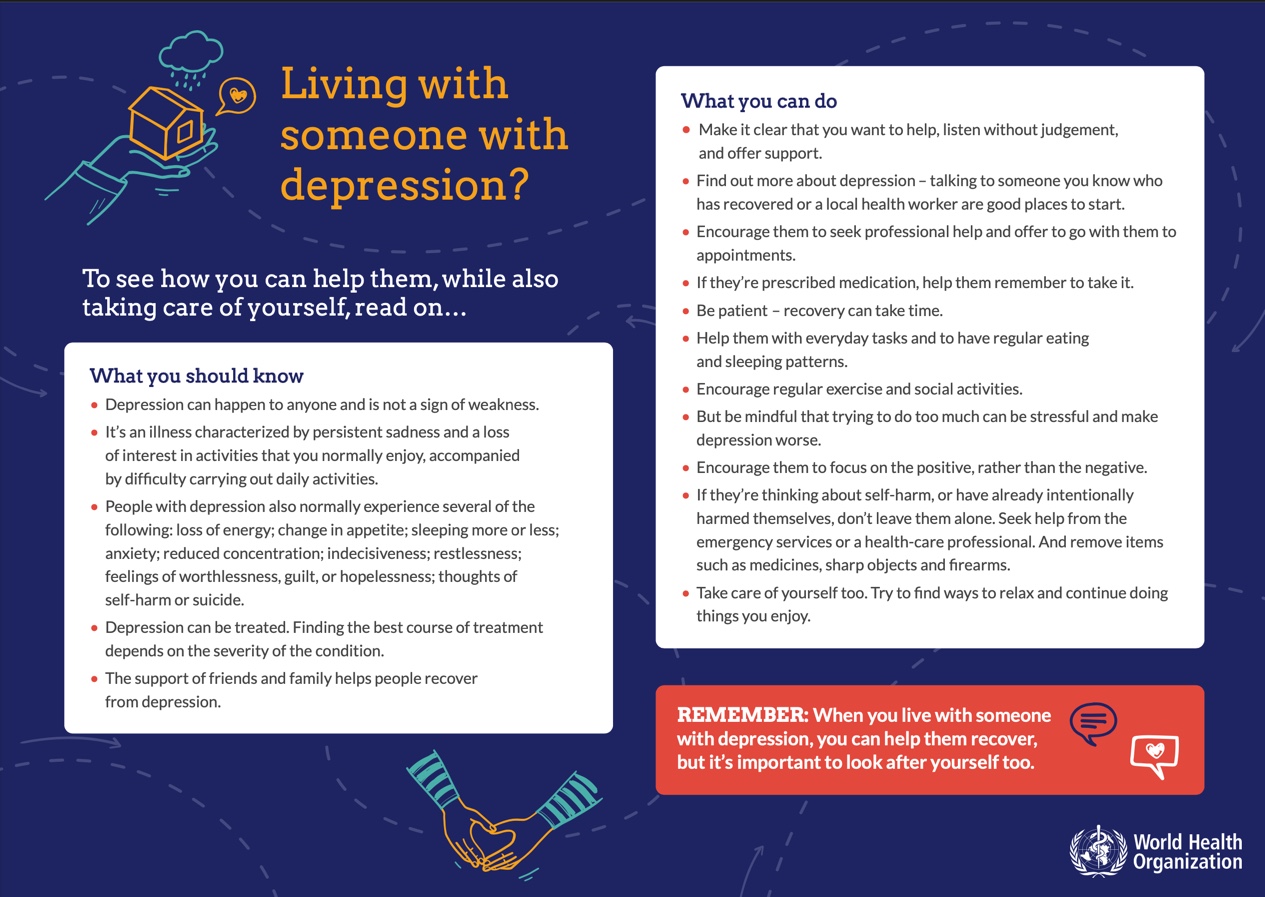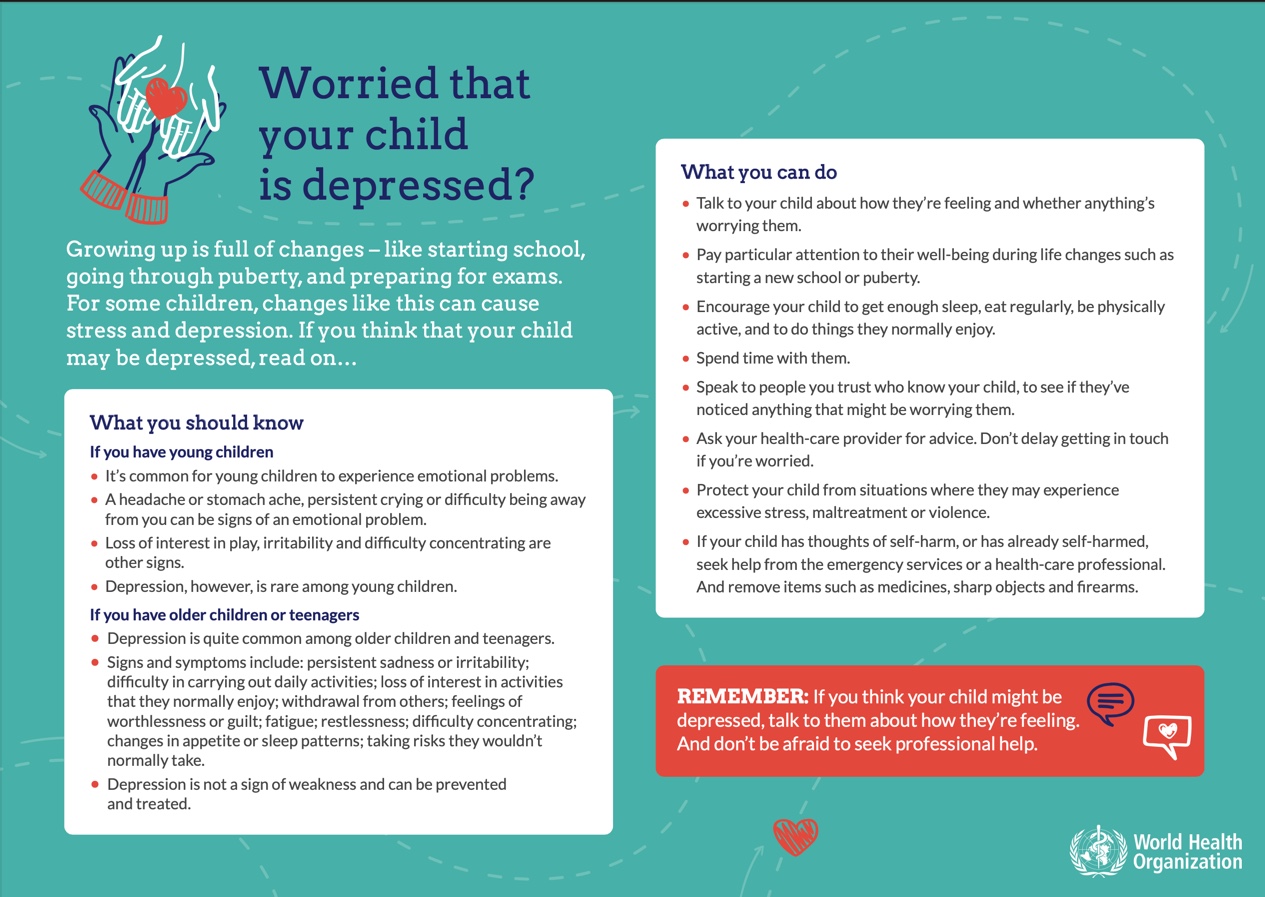October 10 is World Mental Health Day. This is a day to raise awareness and support for mental health issues, and to learn how we can work to make mental health care a reality for all. Mental health has become a more important topic than ever, as the stresses of living during a pandemic have affected so many, and while many services have been disrupted.
Many of the issues complicating mental health care were already present before the pandemic, but have been greatly exacerbated. Knowing what the main issues are can help us overcome them. We may not individually be able to do a lot, but many individuals doing a little can add up to a lot.
Increased Need for Mental Health Services
According to the U.S. Government Accountability Office, CDC surveys found about 38% of respondents indicated they were struggling with their mental health in February 2021, compared to 11% in 2019. These surveys also show an increase in overdoses and suicide attempts. Suicide attempts for young girls have increased by nearly 51%. Additionally, one in five patients who contract COVID, even if it is a mild case, are likely to be diagnosed with a mental illness within months after recovery.

Shortage of Qualified Mental Health Providers
Despite the increased need for mental health services, many Americans do not have access to specialists like psychiatrists, social workers, and therapists. Even if they can find a provider who is accessible to them, the provider may have months-long waiting lists and may not take insurance. This hits some communities particularly hard, such as low-income areas and rural areas.
“An estimated 122 million Americans, or 37% of the population, lived in mental health professional shortage areas as of March 31” USAfacts.org
Not being able to find a qualified provider can be extremely distressing during a time where life already feels overwhelming. I experienced this before the pandemic when I had to wait months to be seen by a psychiatrist because I felt like my family doctor wasn’t able to adequately meet my needs. Many individuals are barely functioning in their everyday lives, yet are being asked to jump through additional hoops and longer wait times just to get help.
The Shortage is Worse for Pediatric Mental Health Providers
Children are also struggling with their mental health at higher rates, and parents who have children who are in need of mental health services are facing unprecedented shortages of pediatric providers. If parents can even find a provider accepting new patients, the waitlist (which before the pandemic may have been 4-6 months) might be indefinite. And once again, many of them do not take insurance. For some, the only way to get any help at all is to go to the emergency room.

How To Help Those With Mental Illness
Look after your own mental health
Taking care of yourself is most important. Whether you need to work some extra self-care into your routine or need to reach out for help from a health care provider, now is the time. If you have trouble finding a provider, try some of these suggestions.
Support others who struggle with their mental health
-
- Listen and be a friend. This is often one of the most important parts of a support system.
- Encourage them to get help. Offer to help them find a referral for a health care provider and/or go to the appointment with them.
- Support healthy routines and activities. Anything you can do to help them achieve regular sleep, balanced meals, exercise, and participating in activities they enjoy helps your loved one stay on a positive trajectory.

Monitor your child’s mental health.
-
- Keep open communication about their thoughts and feelings. Children’s books about mental health can be great conversation starters.
- Be mindful of any new or stressful situations. Try to minimize additional stress if possible.
- Implement healthy routines and activities. Helping your child get adequate sleep, eat regular meals, be active, and engage in fun activities is essential to maintaining better mental health.
- Make an appointment with your child’s doctor if you are concerned. Ask for advice and referrals for specialists if needed.
- If your child is struggling, be sure to remove any objects from the home that may be used for self-harm such as medications, sharp objects, and firearms.

Support mental health organizations and education.
-
- Consider donating to a local charity that provides services for those in need.
- Invite a qualified professional to teach about mental health coping skills in youth groups, churches, or other community organizations you are a part of.
- Call your insurance company and ask them to check and make sure the referrals they are giving are still practicing and still accepting your insurance, or take them off the list. This will save time for individuals who are seeking help.
One single person may not be able to solve our worldwide mental health crisis, but that doesn’t mean one person can’t make a difference. During times like this, I love to think of the starfish story where a young child is walking along a beach throwing starfish back into the water after they had washed ashore. A man walked up to the child and told him that there were too many starfish and he could not possibly make a difference. The child picked up another starfish, threw it into the water, and said, “I made a difference to that one.”
Helping one person is enough. In fact, it’s more than enough. Helping even just one person not only changes their life, but the lives of future generations to come. And that’s worth the fight.












